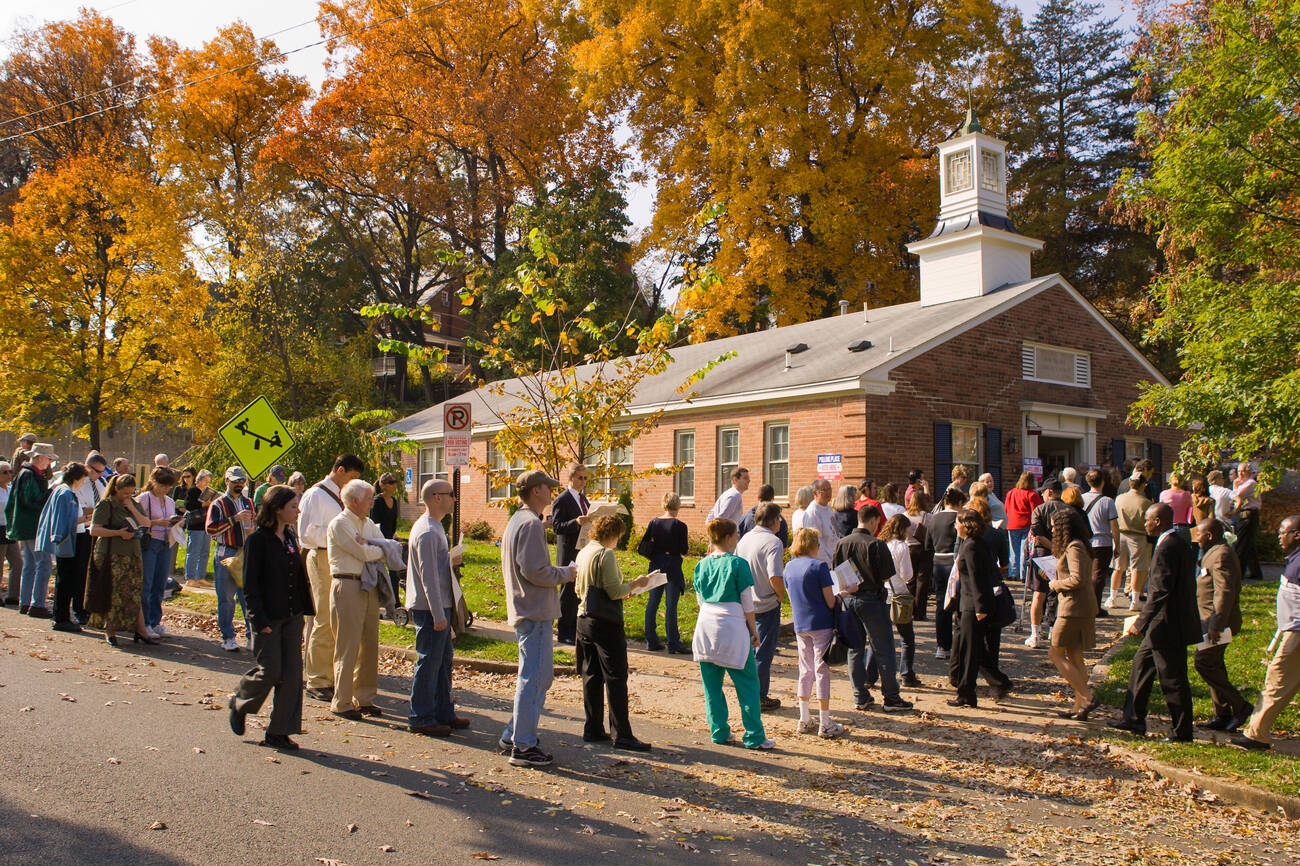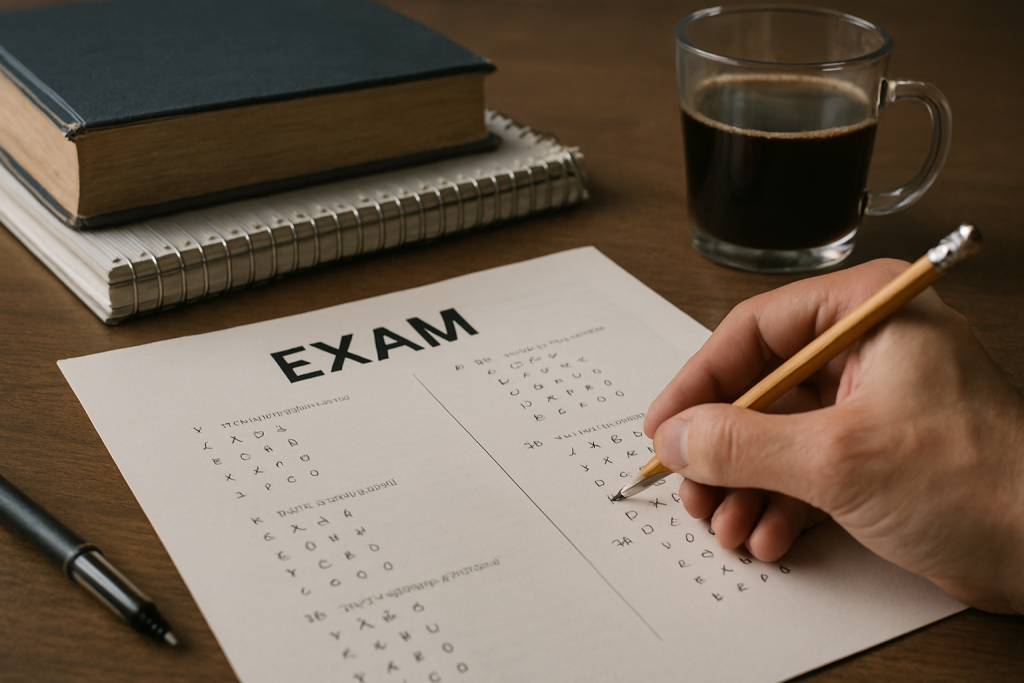Do you ever wonder why Election Day falls on a Tuesday in November? Well, let me tell you the fascinating history behind this peculiar choice. Back in 1845, when this tradition was established, Tuesday seemed like the best option. It allowed for a travel day on Monday and avoided religious and commercial conflicts. However, times have changed. With fewer people working in agriculture and alternative voting methods gaining popularity, some argue that we should reconsider the timing of our elections. Let’s dive deeper into why Election Day remains on a Tuesday in November and explore potential future reforms.
Historical Background of U.S. Election Day
You might be wondering why U.S. Election Day is held on a Tuesday in November. The historical background of U.S. Election Day reveals that it was established to accommodate the needs of an agrarian society. In the 1800s, most Americans were farmers who lived far from their polling places, so a two-day window was needed for travel and voting. Tuesday was chosen as the most convenient day because it allowed Monday to be the travel day without interfering with market day or religious observances on Sunday. November was selected as the preferred month because it came after the harvest but before harsh winter weather set in. While these factors made sense at the time, today they can pose challenges for early voting, voter turnout, and voting accessibility. Therefore, there is ongoing debate about election reform to increase civic engagement and ensure that all citizens have equal opportunities to participate in elections.
Selection of Tuesday as the Preferred Day
When it came to choosing a suitable day for voting, Tuesday seemed like the best option. Here’s why:
- Voter turnout: Holding elections on a weekday ensures that people are more likely to prioritize their civic duty and make time to vote.
- Workday inconvenience: Unfortunately, this choice also creates an inconvenience for many working individuals who may find it difficult to take time off from work to go and vote.
- Weekend voting: Some proposals have suggested moving elections to the weekend, which would allow more people the opportunity to participate without worrying about work obligations.
While changing election day to a federal holiday or expanding early voting options could address these issues, efforts in this direction have not yet been successful. As we consider potential reforms, it is essential to strike a balance between ensuring accessibility and maintaining the integrity of our electoral process.
Changing Perceptions of Election Day
One potential concern with the current perception of voting is that it may not be inclusive for all individuals. Voter turnout rates have been declining over time, and one reason for this could be the inconvenience of voting on a Tuesday. Many people work on Tuesdays throughout the year, making it difficult for them to find time to vote. To address this issue, some proposals have suggested moving elections to the weekend or making election day a federal holiday. These changes would provide more opportunities for people to participate in the democratic process without having to take time off from work. Additionally, expanding early voting and implementing automatic voter registration are other potential solutions that could increase voter participation and make the electoral process more accessible and inclusive for everyone.
Impact of Alternative Voting Methods
The shift towards alternative voting methods, such as early voting and voting by mail, has provided more flexibility for voters. Here’s how these methods have impacted the electoral process:
- Early Voting: By allowing voters to cast their ballots before Election Day, early voting provides convenience and eliminates the need to take time off work or deal with long lines at polling places.
- Voting by Mail: This method allows voters to receive their ballots by mail and return them at their own convenience. It is particularly beneficial for those who are unable to physically go to a polling location on Election Day.
- Impact on Voter Turnout Rates: The availability of early voting and voting by mail has been shown to increase voter turnout rates. It provides opportunities for more people to participate in the democratic process, ensuring that their voices are heard.
While weekend elections or making Election Day a federal holiday have been proposed as further alternatives, the current shift towards early voting and voting by mail has already made significant strides in improving accessibility and flexibility for voters.
Current Challenges and Future Considerations
To ensure inclusivity for all voters, it is important to address the criticisms and challenges surrounding the current Election Day. There are ongoing debates about potential reforms to increase voter participation. Some proposals include expanding early voting, implementing automatic voter registration, and considering weekend elections or making election day a federal holiday. These measures aim to provide more flexibility for voters and remove barriers that may prevent certain individuals from exercising their right to vote. By expanding early voting and implementing automatic registration, more people will have the opportunity to participate in the electoral process. Weekend elections or making election day a federal holiday would also make it easier for individuals with work or other commitments to find time to vote. Through these reforms, we can strive towards a more inclusive and accessible democracy.
| Proposal | Benefits | Emotional Response |
|---|---|---|
| Expanding Early Voting | Allows more opportunities for people to vote | Convenience |
| Automatic Voter Registration | Simplifies the registration process | Accessibility |
| Weekend Elections | Provides flexibility for those with busy schedules | Inclusivity |
Origins of Election Day in November
Consider the historical context and reasons behind selecting this specific month for holding elections.
- Agricultural calendar: November was chosen as Election Day to accommodate the agricultural calendar. It came after the harvest season, allowing farmers to participate in elections without interfering with planting or harvesting.
- Voting accessibility: Tuesday was selected as Election Day to ensure voting accessibility for farmers who lived far from their polling places. They needed a day of travel, and Tuesday provided that opportunity without conflicting with church activities on Sundays or market days on Wednesdays.
- Weather considerations: November was also chosen for its relatively mild weather. It fell before harsh winter conditions set in, making it safer and more feasible for voters to travel to polling locations.
The selection of November as the month for Election Day demonstrates the historical significance of agriculture, voting accessibility, travel considerations, and weather considerations in shaping our electoral process.




